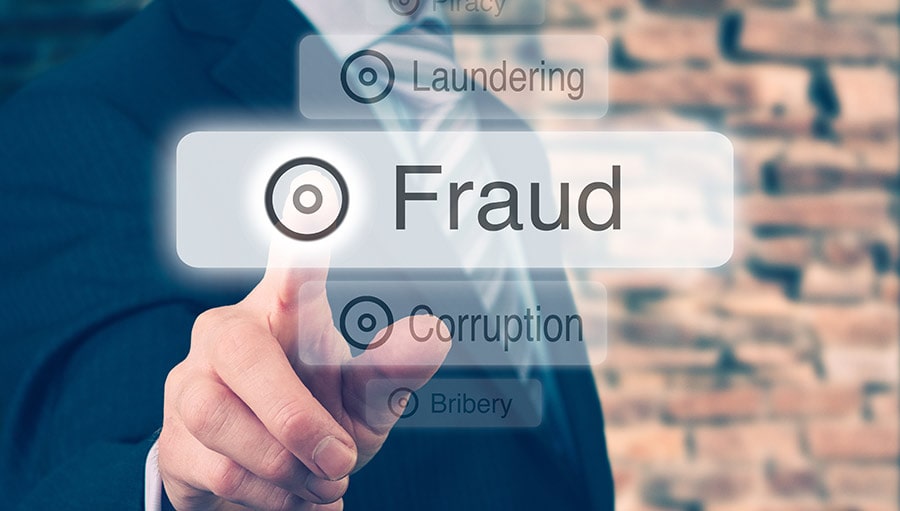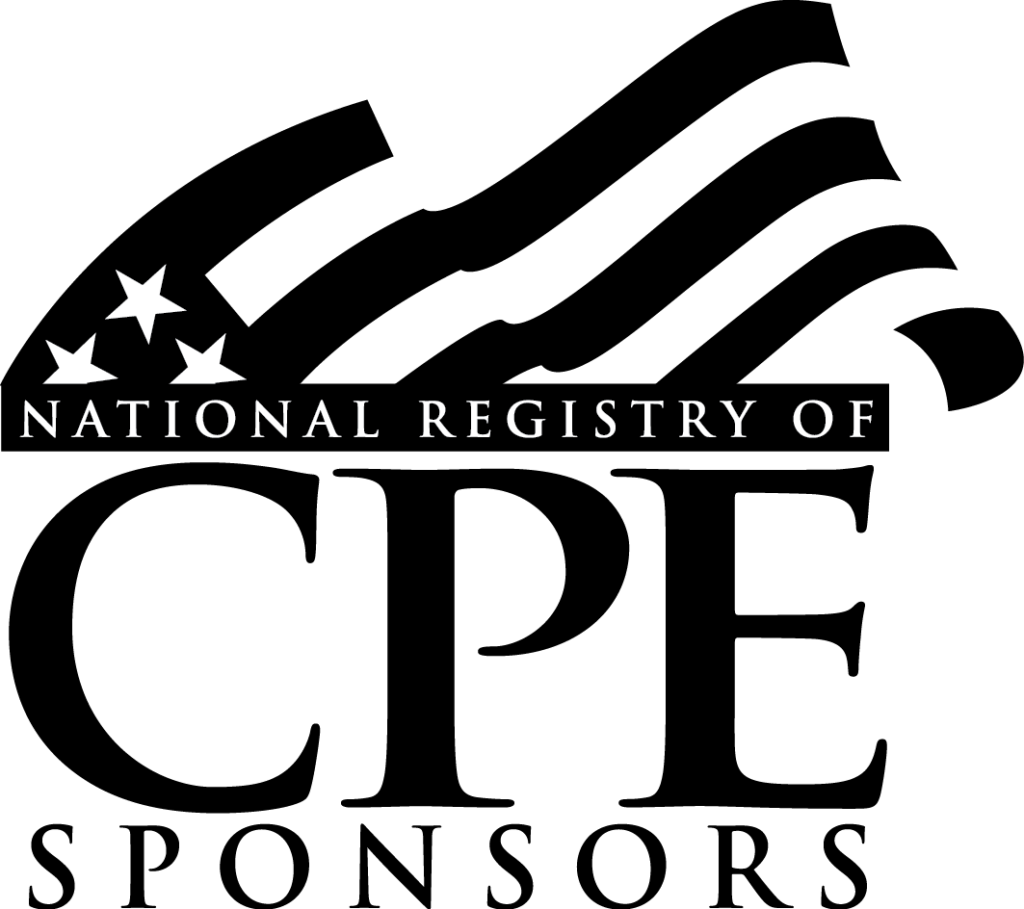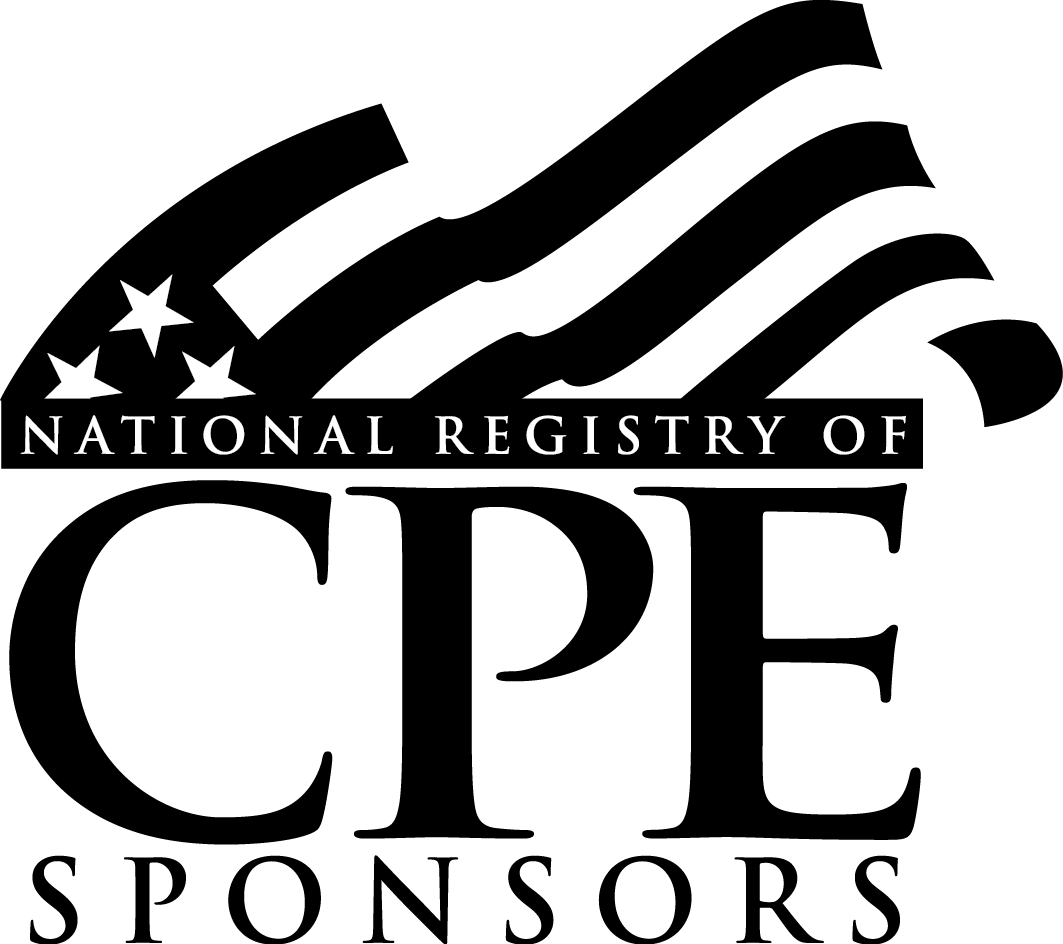Learning Objective
Learn how to perform fraud investigations and conduct interviews aligned with global best practices.
Course Description
This course highlights the critical elements of a fraud investigation. In these sessions, the participants will learn about the latest scientific research on dishonesty as well as how to incorporate these findings into their internal control systems; practice, refine, and evaluate necessary skills to get the most information possible out of victim as well as suspect interviews; test their abilities to detect deception, discuss the latest scientific research concerning the reliability of detecting deception through someone’s non-verbal behaviors, and learn how to apply certain social psychological behaviors that could improve their chances of detecting deception in interviews; and learn how confirmation bias permeates decision-making as well as how to take steps to avoid the nefarious effects it causes.
Real-life Fraud cases are presented for discussions and participants’ interaction.
Who Should Attend
All Personnel Engaged in Fraud Investigations, Internal and External Auditors, Fraud Examiners, Risk Managers, Compliance Specialists, Accountants, Financial Analysts, and Lawyers.
Learning Outcomes
By the end of this course, the participants will be able to:
- Explain how people are able to rationalize fraudulent behavior and how internal controls can address all the fraud triangle prongs
- Discuss the impact of morality on dishonesty
- Compare/Contrast the Reid method, the PEACE method, and the cognitive load interviewing methods
- Evaluate the best approach to interviewing certain individuals
- Develop methods to achieve rapport with interviewees
- Compare/Contrast open-ended questions and closed-ended questions
- Determine ways to prepare for interviews of suspects and witnesses
- Discuss the value of statement analysis
- Document confessions and witness statements
- Develop methods to improve focus and leverage the consistency principle in interviews
- Evaluate methods to increase an investigator’s attention span
- Define emotional leakage
- Implement the rule of reciprocity in interview sessions
- Understand confirmation bias and how it may affect decision-making
- Assess the impact of framing on decision-making errors
Details
- Date
- Duration 2 Days
- Location Online / In-person
- Program Level Intermediate
- CPE Credit 8 CPEs
- Certificate of Completion
Bilal Sidani
Training Advisor
Marwan Abdul Hak
Training Advisor
Course Outline
- Why People Lie
- Learning about the latest scientific research on dishonesty
- Incorporating these findings into the internal control system
- Basic Interviewing Skills for Financial Investigators
- Practicing, refining, and evaluating necessary skills
- Detecting Deception: The Body Tells a Story, but the Chances of Reading It Accurately Are Problematic?
- Testing your ability to detect deception
- Discussing the latest scientific research concerning the reliability of detecting deception through someone’s non-verbal behaviors
- Learning how to apply certain social psychological behaviors
- Seeing What You Want to See: How Confirmation Bias Affects Ethics
- Learning how confirmation bias permeates our decision-making
- Taking steps to avoid nefarious effects






